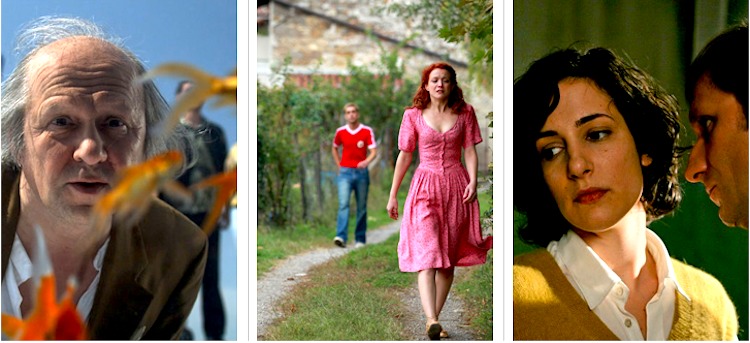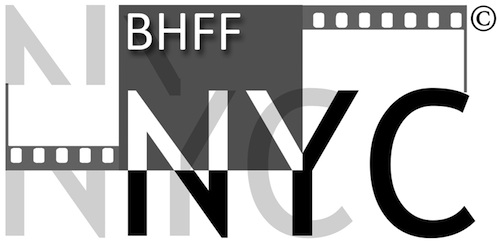By Joe Bendel. It is the epic tale of a powerful ring that brings misfortune to all who seek it. Sound familiar? After technology advanced to the point that Peter Jackson could finally do justice to Tolkien’s Lord of the Rings, it is not surprising that the opera world might hatch some new ideas for Wagner’s Ring cycle. However, mounting a production on stage is a totally different proposition than making a film with extensive post-production effects, as renowned director Robert Lepage demonstrates with the Metropolitan Opera’s ambitious new production of the Ring. Director Susan Froemke (with editor Bob Eisenhardt) captures the ensuing flirting-with-disaster exhilaration of live opera in Wagner’s Dream, which had its world premiere at the 2012 Tribeca Film Festival, in advance of a special-event nationwide screening this coming Tuesday.
Reportedly, Wagner was not at all satisfied with the initial 1876 staging of his Ring cycle, but he died before he could implement any of the mysterious changes he promised. As a result, the questions of what Wagner would do and what is feasible have bedeviled opera companies ever since. Charged with developing something bold, Lepage did just that.
His radical concept centers on what will be referred to as “the Machine.” A series of interlocked, swiveling planks, sort of but not really resembling a double helix, the Machine will serve as the minimalist set for all four constituent productions of the Ring cycle. When it works, it facilitates some truly epic grandeur. Unfortunately, it is decidedly buggy.
Frankly, it is quite cool and surprising that the Met is so enthusiastically behind Dream, because it documents some embarrassing moments for the storied company. Complications with the machine put a damper on more than one opening night, which is awkward for the professionals bluffing their way through on-stage – but it makes for dramatic documentary cinema.

Arguably, Lepage’s Ring cycle production might be thought of as the Met’s Apocalypse Now, with Wagner’s Dream corresponding to Hearts of Darkness: A Filmmaker’s Apocalypse. Like screenwriter John Milius sent to retrieve Francis Ford Coppola from the jungle only to be convinced “this would be the first film to win the Nobel Prize,” every cast-member and tech-hand approaching Lepage or Met General Manager Peter Gelb with logistical concerns winds up doubling down on the Machine. Again, just like Coppola’s film, the result is a sometimes flawed, but towering work of genius.
Dream is one of the few behind-the-scenes documentaries completely warranting the big screen treatment. A sense of scale is important here. Yet, it does not ignore the human element, following the challenges faced by the featured performers and sampling the reactions of loyal patrons. Having helmed two previous docs about the Met, including the profile of Maestro James Levine relatively recently broadcast on American Masters, Froemke clearly had the trust and confidence of the opera company. By now, many probably assume she is on staff there.
Even for opera neophytes, Wagner’s Dream is a fascinating film. It is also a highly effective teaser for its special encore screenings of Lepage’s Ring cycle productions. One cannot help wondering whether audiences will see the Machine cooperate or not. Highly recommended beyond the obvious opera and theater audiences, it screens across the country via Fathom Events this coming Tuesday (5/7) and will also be shown at the BAM Cinematek the following Saturday (5/12).
LFM GRADE: B+
Posted on May 2nd, 2012 at 10:10pm.


